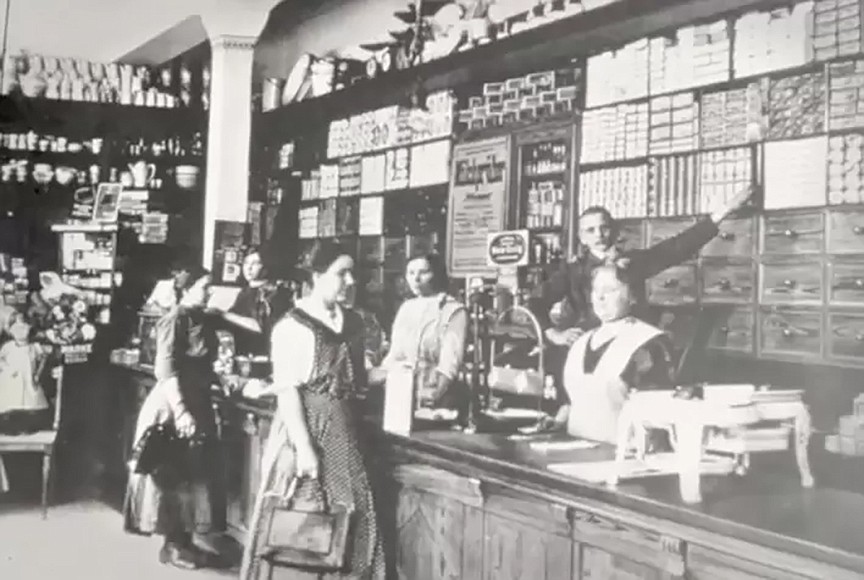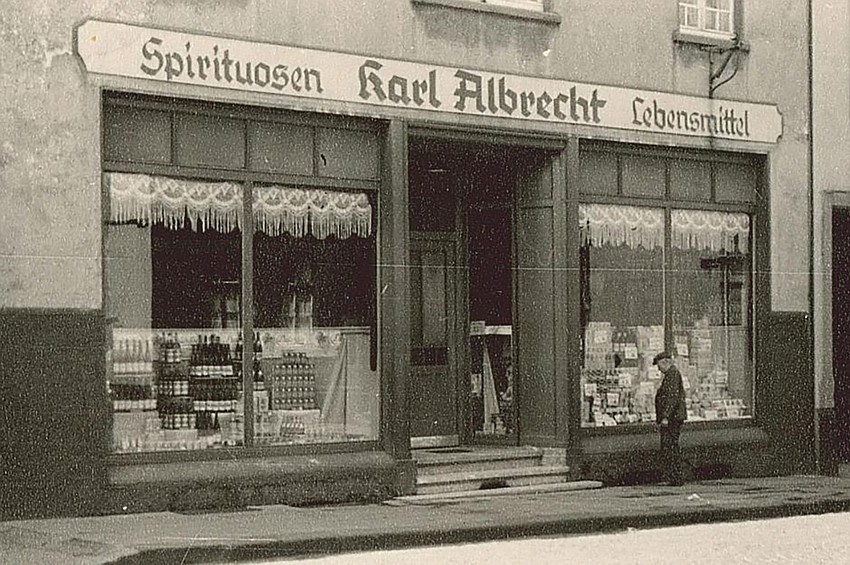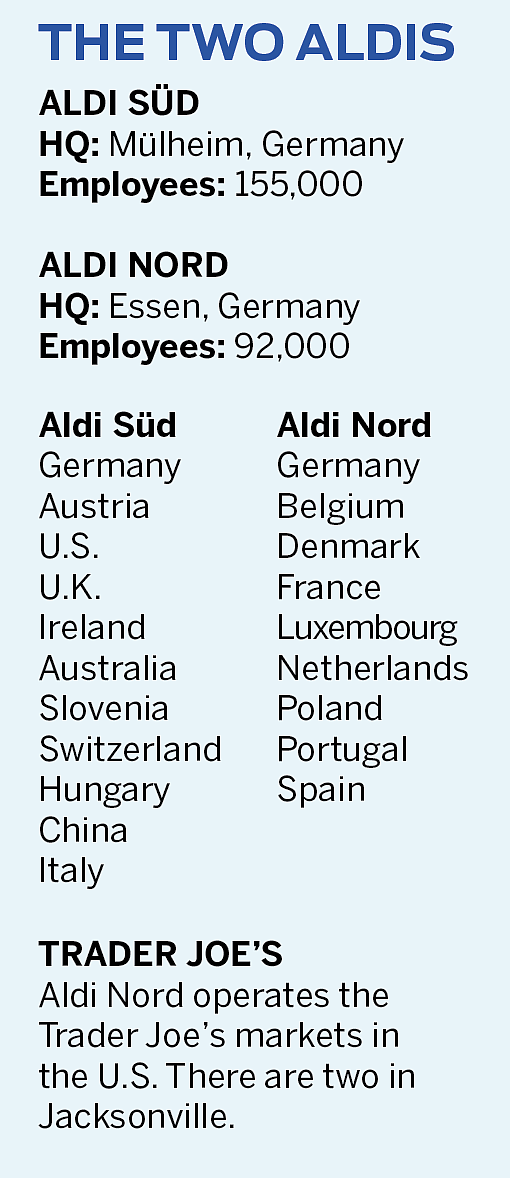
Though it will be a big change when shoppers first walk into the new Aldi that used to be their favorite Winn-Dixie store, the two grocery chains have a similar beginning.
Both started as small family businesses that grew over the years far beyond their home towns, becoming major players in the retail grocery sector.
Aldi’s story begins in 1913 with a small store in Essen, Germany.
Before they were born, Karl and Theo Albrecht’s mother operated a small grocery store to supplement the income of their father, a miner.
Karl, born in 1920, and Theo, born in 1922, grew up in the grocery business and took over the family store in 1945. They soon opened a second location and five years later, the brothers owned 13 stores.
The business model was to keep prices low by rebating the German government’s value added tax at the point of sale. They also kept the stores small and removed items that didn’t sell from the inventory.

By 1960 the chain had grown to about 300 stores throughout Germany. That’s when Karl and Theo split the business, one taking the northern locations and the other the southern, over their disagreement about whether to sell cigarettes in the stores.
The name “Aldi,” short for Albrecht-Diskont (Albrecht Discount in English), was adopted in 1962.
The company began international expansion in 1967, when Aldi South acquired a grocery chain in Austria.

Aldi North opened its first stores outside Germany in the Netherlands in 1973 and other countries followed.
America was the brothers’ next territory.
In 1976, Aldi South opened its first store in the U.S. in Iowa City, Iowa, after refurbishing a former Giant Food store. That is the company expanding the Aldi chain.
In 1979, Aldi North acquired the California-based Trader Joe’s grocery store chain.
After the Iron Curtain and Berlin Wall fell and Germany was reunified in 1989, Aldi experienced rapid global expansion.
By the mid-1990s, Aldi South was operating in England and Ireland and the U.S. operation had grown to more than 200 stores in the Midwest.
The brothers retired as CEOs in 1993 and control of the companies was placed in private family foundations.
Combined, the two Aldis operate more than 10,000 stores in 20 countries with about 247,000 employees.
Aldi says it plans to have 2,400 stores in the U.S. by year-end.